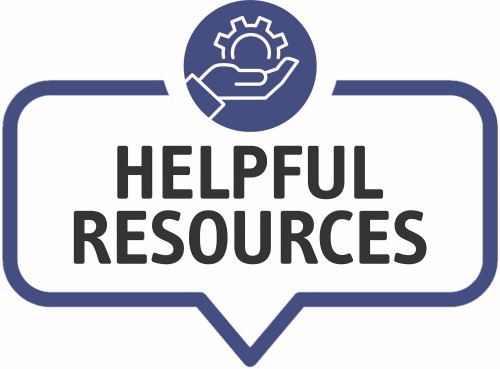Developmental and Behavior Concerns
Evaluation and services when a provider or caregiver has developmental, behavioral, or mental health concerns.
Follow three steps when there are concerns about a child’s development and/or behavior: All three steps can happen at the same time.
Make sure the child’s primary healthcare provider knows about the concerns and can provide a comprehensive medical evaluation.
Health care providers can check for health conditions or refer to specialists if needed. If the child already has a clinic, the next step is to schedule an appointment for a well visit or evaluation of developmental/behavioral concerns.
- For children covered by Medical Assistance, well-child checkups (medical and dental) called Child and Teen Checkups (C&TC), are free for newborns through age 20 years. If you do not have a health care provider or clinic, contact your C&TC coordinator for help (use the drop-down box to select your county or tribe).
Local school districts provide early intervention or special education services, free to the family, for children who are eligible (birth through 5 years). To see if a child is eligible for services, click on the link below to use the Help Me Grow referral form. A referral can be made by a parent, any professional, or family members and others who have concerns about the child.
The referral will be directed to the local school district based on the child’s address. An early childhood specialist from the school district will follow up with the family within 7-10 days to discuss next steps, which may include a screening or evaluation. If you have questions, contact your local Early Childhood Special Education (ECSE) program directly:
Early Childhood Mental Health Agencies
Professionals at these agencies are specialty trained to work with parents and families to assess and treat trauma, emotional or behavioral concerns of babies, toddlers, and young children. All organizations listed use the DC: 0-5: Diagnostic Assessment for Young Children.
Find a provider certified in one of Minnesota’s supported early childhood mental health evidenced based practices:
- Attachment Bio-behavioral Catch-up (ABC) (ages newborn-4 years) A treatment that supports parents in building a strong attachment with their young children.
- Parent Child Interaction Therapy (PCIT) (ages 3-7 years) A family treatment that supports parents in building a strong relationship with their children and provide clear directions for disruptive behavior.
- Child Parent Psychotherapy (CPP) (ages 0-6 years) A family-based trauma treatment that treats the parent and child’s trauma at the same time.
Children's Therapeutic Services and Supports/CTSS (birth to 21 years)
CTSS is a package of mental health services for eligible children enrolled in Medical Assistance (MA) or MinnesotaCare who require varying therapeutic and rehabilitative levels of care. Individual are set to help children to reach or restore to their developmentally appropriate level of functioning.
Get connected with resources, information and other parents who understand what you are going through.
